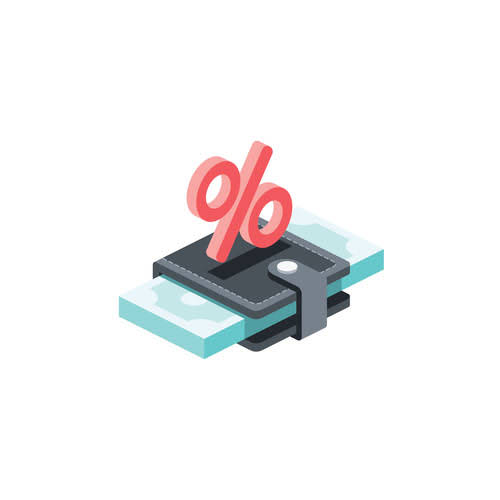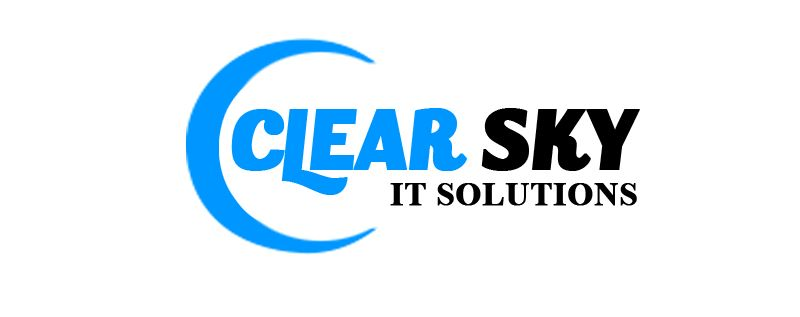
At the end of each month, the company usually make the adjusting entry for insurance expense to recognize the cost of that has expired during the period. The death benefit is paid to the beneficiary in the event of the death of the policyholder during the policy term. As such, term life insurance cannot be considered as an asset that will give returns over time. Recording insurance properly results in more accurate financial statements. The income is insurance expense a debit or credit statement presents the true cost of doing business each period.
What Are Prepaid Expenses?
- Insurance that is paid in advance is considered as a prepaid expense under the current asset in the balance sheet of the company.
- Its initial value, and the amount in the journal entry for the purchase, is what it costs.
- The company must continue to make appropriate journal entries to apportion the prepaid insurance expense according to the time period during which the expense will continue to accrue.
- This reflects the prepayment for goods or services that a company will receive in the future.
- As the benefits of these prepaid expenses are realized over time, the asset is gradually reduced, and the expense is recognized on the income statement.
- At the end of the month, the company needs to reclass the prepaid insurance to the insurance expense.
The adjusting entry for supplies updates the Supplies and Supplies Expense balances to reflect what you really have at the end of the month. The adjusting entry TRANSFERS $100 from Supplies to Supplies Expense. By the end of the insurance term (30 June 2023), the unexpired QuickBooks insurance will be zero, the insurance expense will be $ 12,000 over a period of 12 months. The unexpired insurance will be recorded as current assets on the balance sheet.
- In practice when there is recording of transactions then those accounts with negative balances get credited whereas those with positive balances get debited.
- If the company would like to continue to occupy the rental property, it will have to prepay again.
- As mentioned above, the premiums or payment is recorded in one accounting period, but the contract isn’t in effect until a future period.
- At the end of June 202X, the company has consumed the insurance service for a month.
Insurance expense journal entry
A prepaid expense is an expenditure that a business or individual pays for before using it. When someone purchases prepaid insurance, the contract generally covers a period of time in the future. For instance, many auto insurance companies operate under prepaid schedules, so insured parties pay their full premiums for a 12-month period before the coverage actually starts. The same applies to many medical insurance companies—they prefer being paid upfront before they begin coverage.

Asset Source Transaction
For example, if you purchase 12 months of insurance, divide your lump sum payment by 12 to determine the cost of one month’s insurance premium. For example, if you spend $1,200 for the 12-month policy, your monthly cost is $100. As the prepaid insurance expires throughout the passage of time, the company needs to transfer the prepaid insurance that has expired in the period to the insurance expense.

Is depreciation a credit or debit account?
A nominal account represents any accounting event that involves expenses, losses, revenues, or gains. It is what you would call a profit and loss or an income statement account. As opposed to personal and real accounts, nominal accounts always start out with a zero balance at the beginning of a new accounting year. The costs paid Accounting Security by a business in order to generate revenue are called expenses. In other words, it is an outflow of funds in exchange for the acquisition of a product or service. For example, rent payments, interest payments, electricity bills, administration expenses, selling expenses, etc.
- Likewise, the net effect of the prepaid insurance journal entry in this example is zero on the balance sheet.
- This entry reduces the prepaid expense account and increases the relevant expense account.
- Here are the ledgers that relate to the purchase of prepaid rent when the transaction above is posted.
- During the month you will use some of this insurance, but you will wait until the end of the month to account for what has expired.
- Amortizing prepaid expenses involves calculating the portion of the prepaid amount that corresponds to each accounting period.
- So, if your business were to take out a $5,000 small business loan, the cash you receive from that loan would be recorded as a debit in your cash, or assets, account.
You prepaid for a one-year business license during the month and initially recorded it as an asset because it would last for more than one month. By the end of the month some of the prepaid taxes expired, so you reduced the value of thisasset to reflect what you actually had on hand at the end of the month ($1,100). To transfer what expired, Taxes Expense was debited for the amount used and Prepaid Taxes was credited to reduce the asset by the same amount. Any remaining balance in the Prepaid Taxes account is what you have left to use in the future; it continues to be an asset since it is still available.

Which is an example of indirect expenses?

In addition, on your income statement you will show that you did not pay ANY taxes to run the business during the month, when in fact you paid $100. The adjusting entry ensures that the amount of rent expired appears as a business expense on the income statement, not as an asset on the balance sheet. The adjusting entry ensures that the amount of insurance expired appears as a business expense on the income statement, not as an asset on the balance sheet. At the end of the month 1/12 of the prepaid insurance will be used up, and you must account for what has expired. After one month, $100 of the prepaid amount has expired, and you have only 11 months of prepaid insurance left. In addition, on your income statement you will show that you did not use ANY insurance to run the business during the month, when in fact you used $100 worth.
